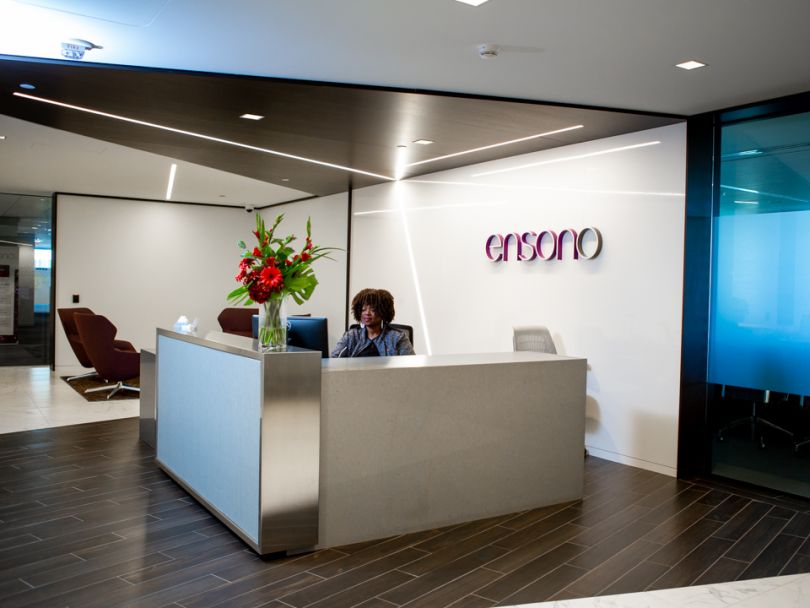
Multi-cloud adoption: what if security was the main risk factor
In a recent study provided by IT service provider Ensono, it was revealed that IT professionals, who plan to use multi-cloud strategies or who are already using them, have as their main concern the IT security of their terminals.
"UK IT professionals consider security, governance and cost optimization as their top three concerns for multi-cloud strategies, while security, cost optimization and maintaining a positive end-user experience are the main concerns in the US. The report.
This article will also interest you: The security of computer structures that are telework and cloud-proof
In addition, it can be remembered that many companies have had to seek external assistance when deploying their cloud services:
– 43% of IT security managers surveyed admitted to using managed service providers, including solving problems related to their multi-cloud strategy;
– 46% of professionals who work with managed service providers tend to project much faster adoption;
– 44% of them want to take advantage of the opportunity to exploit skills so far are not yet generally available internally;
– 55% of the areas of expertise in the public cloud sector within companies are within the Domain of Amazon Web Services;
– 54% is in the Microsoft Azure domain;
– generally U.S. companies work much more with Amazon Web services because they are better placed to do so;
– For British companies, Microsoft Azure's offer is more important;
Taking into account the impacts of the coronavirus pandemic:
– 2 out of 3 IT managers or 67%, it is admitted that the Covid-19 to somehow disrupt in a certain direction, and accelerated in the other their migration from one environment to another. However, there is no denying that the economic situation has permanently affected businesses in digitisation;
– 19% of professionals who responded, or one-fifth, said that the coronavirus pandemic slowed multi-cloud adoption. Because it has pushed their companies to change their investment priority by redirecting them from other sectors.
"With the rise of cloud technology, companies need to put in place a cloud strategy that's right for them. Complex deployments such as multi-cloud present a wide range of potential challenges. Before any migration, companies must undertake a thorough audit of their existing applications and establish a comprehensive roadmap to the cloud. This planning will ensure that fundamentals such as security, user experience and cost optimization are not left out when switching to the cloud. says Brian Klingbeil, Director of Strategy at Ensono.

By making projections into the future:
– 49% of those surveyed believe that the distributed cloud will certainly be one of the solutions to network problems and outages;
– 42% of professionals believe it can help eliminate latency problems;
– For 36 percent, it is envisaged an increase in the availability of locations that facilitate services and their accommodation;
"Multi-cloud is an attractive option for businesses looking for a flexible and resilient cloud strategy," says Klingbeil. "It offers businesses a path to the best of both worlds: enjoy all the benefits of different cloud providers and protect the company from supplier lockdown. When configured in multi-cloud, containers are a great way to start innovating in the cloud – by rapidly scaling and scaling applications to put them at the business service. And for companies looking for even more location flexibility for their public cloud infrastructure, distributed cloud may well be the future. ».
The issue of cybersecurity remains critical regardless of the sector and at any time. And that's what cybersecurity professionals know. Computer attacks are multiplying. You have to be on the war footing that's obvious.
Now access an unlimited number of passwords!